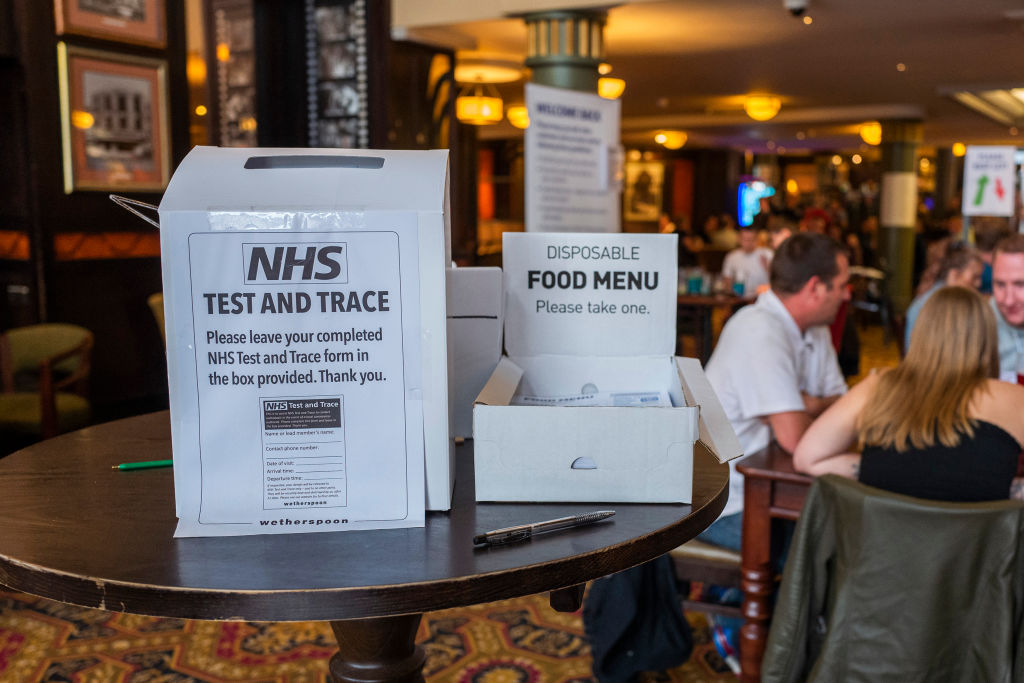I was followed three times in five days by men I didn’t know. During a pandemic – at any time, really – you would think they would have something better to do. They made gestures, shouted, catcalled, but I managed to lose them each time, partially because they had none of my details. They didn’t know my name, my number or my address.
But what if they did know that information? What if they had been working at a bar I had gone to with friends and given my contact details over, for test and trace.
That was the experience of one young woman this week. Shortly after she went to the pub, she received a message online by the bartender serving her. Asking her out for a drink, he added ‘I’m really sorry for messaging … I definitely didn’t use that track and trace thing to find you.’ Clearly not that sorry, otherwise he wouldn’t have messaged at all.
You cannot use personal information collected for contact tracing for any other purposes, but it looks like some people are not listening
The Information Commissioner’s Office have said that you cannot use the personal information collected for contact tracing for any other purposes, but it looks like some people are not listening to that.
I hadn’t thought too much about privacy concerns around test and trace. In my head it was a distant problem to come with the app – if someone were looking at my data it would be for the right reasons, plus I don’t think I have anything that interesting to discover. If access to my contacts, location or search history could help save lives, I didn’t mind that much.
But while we wait for the app to be developed and we use an approach where pubs are asked to gather personal details, but are not storing them securely, this young woman’s experience could become the norm.
Personal data is usually kept super-safe under onerous government restrictions – for the obvious risk of it falling into the wrong hands. But the pub landlord is less likely to have a data security policy, so it is easy to see how the list of drinkers can fall into the hands of a barman. Or even a customer. It gives an ominous new meaning to track-and-trace and undermines the basic privacy issues that this system raises.
Before Covid, sometimes when you booked tables, yes, you would give them a name and a number. But you don’t hand over the details of each and every person. When I go for a drink, I want to be with the people I have gone with – I don’t want to give over my number to find the waiter has access and is texting me, asking for a drink or, god forbid, turning up at my home as other young women have found they are being asked questions about their address.
When you go out with friends: you stick together, you don’t leave your drink alone, you don’t walk home in the dark – those are the rules that women, depressingly, have to follow. There is enough fear and unease as a young woman on an average evening out that the added risk of harassment – just from going about our business during a pandemic, giving over our details to help the contact tracing system – makes our lives that much harder.
A Data Protection Impact Assessment is yet to be carried out for the test and trace system in its entirety. Perhaps this should be prioritised so that while we look after our health, we also look after our safety.






Comments